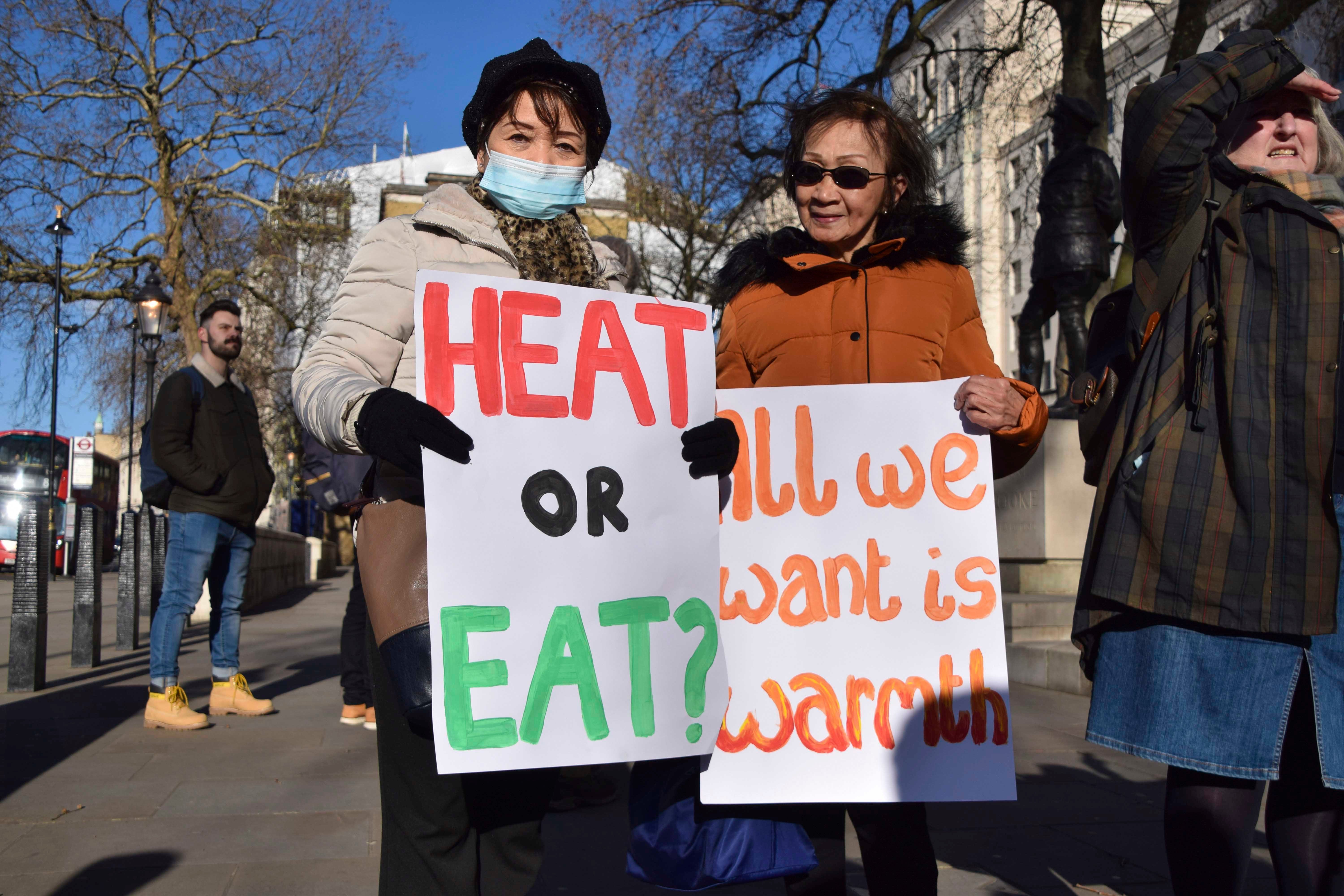UK Energy Price Hike Threatens to Worsen Poverty Crisis

Last week, the United Kingdom government raised the price energy providers can charge customers by 54 percent in response to rising fossil fuel costs, putting the human right to an adequate standard of living at risk for millions. Poverty rates have risen sharply in UK households with children over the last decade, and utility bills hit these families hardest. With gas and electricity costs set to reach roughly £2000 (US$2,700) a year, more families will struggle to pay for necessities like heat, housing, and food. While the UK government has blamed the price hike on high fossil fuel prices, its policies have also left households dependent on high-emitting gas and those most in need without necessary support. According to Carbon Brief, UK energy bills are collectively nearly £2.5 billion (US$3.38 billion) higher than they would have been if the government had not gutted energy-efficiency measures and scrapped other climate-friendly programs over the past decade. Despite significant renewable energy potential, the UK still produces over 40 percent of its electricity from gas. Meanwhile, 85 percent of UK homes use gas for heating, and the majority are not energy efficient, requiring families to spend more on heating. While government programs exist to help some customers lower energy costs, they fall short. An independent government advisory body reported in 2020 that less than half of fuel-poor households receive fuel poverty program benefits, and only 20 percent of funds go toward energy efficiency measures that would reduce longer term energy needs, costs, and emissions. New measures to offset costs are also inadequate. While the government announced expanded eligibility for one of the UK’s energy poverty programs, the main support offered of a £200 “discount” that consumers must pay back over the next five years will actually impose new debt on low-income households. Although the UK has tried to position itself as a climate leader, reliance on gas that fuels the climate crisis and drives millions into fuel poverty belies that image. With the energy price cap likely to rise again this fall, the UK should urgently act to uphold the right to a basic standard of living and address climate change, including by providing direct support to ensure energy affordability, ramping up housing energy efficiency reforms, and accelerating the transition away from fossil fuels..
Read the full article at the original website
References:
- https://www.ofgem.gov.uk/publications/price-cap-increase-ps693-april
- https://www.nytimes.com/2022/02/03/business/uk-energy-prices-bills-rise.html
- https://www.ippr.org/news-and-media/press-releases/revealed-working-family-poverty-hits-record-high-fuelled-by-rising-housing-costs-and-childcare-challenges
- https://www.theguardian.com/business/2022/feb/03/millions-uk-fuel-poverty-sunak-support-rising-energy-bills-low-income-households
- https://www.nytimes.com/2022/02/04/business/uk-inflation-cost-of-living.html
- https://www.businessgreen.com/news/4044393/rishi-sunak-blames-fossil-fuels-energy-crisis-treasury-unveils-gbp-1bn-support-package
- https://www.carbonbrief.org/analysis-cutting-the-green-crap-has-added-2-5bn-to-uk-energy-bills
- https://assets.publishing.service.gov.uk/government/uploads/system/uploads/attachment_data/file/1043311/Energy_Trends_December_2021.pdf
- https://www.wired.co.uk/article/central-heating-gas-boiler-climate-change
- https://www.bbc.com/news/uk-50573338
- https://assets.publishing.service.gov.uk/government/uploads/system/uploads/attachment_data/file/894502/CFP_Annual_Report_June_2020.pdf
- https://www.theguardian.com/environment/2022/feb/03/uk-government-failing-to-cut-carbon-emissions-from-home-heating
- https://www.theguardian.com/business/2022/feb/03/rishi-sunak-tells-britons-to-brace-for-even-higher-energy-costs-in-autumn
